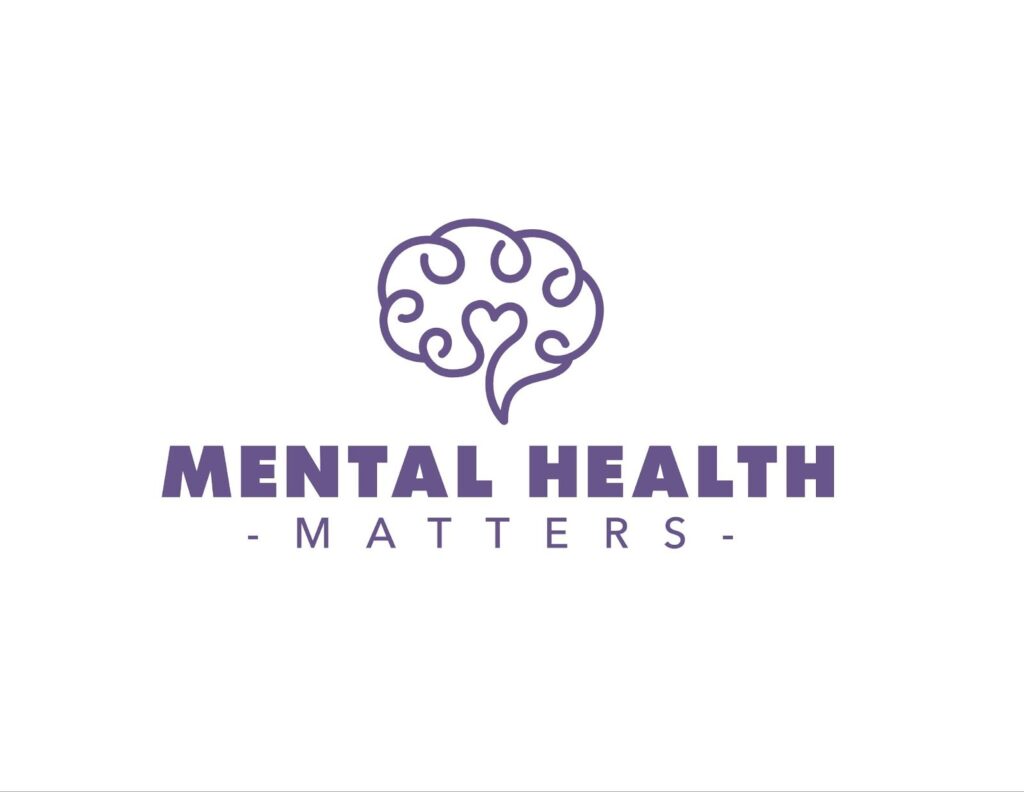Mental Health Matters of Washington

Promoting Mental Health and Healing through a Community-Centered Approach: Introducing Mental Health Matters of Washington
As we emerge from COVID-19 and begin to reflect on what we’ve learned from this global pandemic, the question of “What comes next?” looms in the forefront. Will the world be ready for another pandemic, and what new virus might take the place of SARS-COV-2? We don’t have to wait long or look far into the future to answer this question: The world is experiencing a mental health crisis now that demands action.
According to the Centers for Disease Control and Prevention (CDC) and the World Health Organization (WHO), nearly one in four adults and one in five children around the world are estimated to be living with a mental health condition. The actual numbers are likely to be higher than these estimates given the reluctance or inability for some people to seek help. In fact, a large portion of the world population (as much as 85% in some regions) does not receive adequate mental healthcare due to obstacles such as: lack of resources, shortage of trained health providers, and social stigma.
*The world took action against COVID-19 by sheltering, distancing, masking and vaccinating. But what can and will we do to help thwart a global mental health crisis that is spiking now?
This is a question that led SNHS Professor, Dr. Jody Early, and Sandra Huber, Community Engagement Manager at Verdant Health, to develop Mental Health Matters of Washington, a new community-centered mental health promotion program in Snohomish County funded by Verdant Health and the University of Washington Bothell. The primary aim of Mental Health Matters is to promote mental health and well-being in Snohomish County, WA, through tailored health education, community engagement, resource navigation, and social support.
“People are dying from COVID-19 — and they are also dying from depression, loneliness, and despair,” says Early. “In fact, according to the National Institute of Mental Health, suicide is now the second leading cause of death for people ages 10-34 in the U.S. What if our country began to address the stigma around mental health and applied a preventative approach to it as we do with other health issues, such as cardiovascular fitness or diabetes?”
Dr. Early and team, which includes Husky alum and licensed independent clinical social worker, Salomé Valencia-Bohné (program coordinator), Sandra Huber (co-director), and Nohemi Rivera (lead peer navigator), developed Mental Health Matters (MHM) of Washington to center communities of color and marginalized groups who are more likely to experience mental health disparities, largely in part to historical trauma, economic disenfranchisement, racism and other forms of systemic oppression (e.g. homophobia, sexism, and ableism).
”In order to improve mental health in our communities, says Huber, we use collective methods to support each other and to heal. These activities and strategies are grounded in our culture and our values, in our language, and in our love for one another.”

The program uses strengths-based, participatory, and grass-roots strategies to provide a multi-pronged approach to mental health promotion and prevention. These strategies include culturally tailored mental health education, virtual round-tables, lay (peer) health navigation, and community-driven events.
The program goals are to: 1) increase individual and public knowledge about mental health and well-being; 2) reduce stigma about help-seeking; 3) improve early intervention for those experiencing signs of mental illness; and 4) connect individuals whose lives are impacted by mental illness to the resources and care they need to thrive.
Training peer mental health navigators to promote mental health in their everyday lives and in conversations with others is at the heart of the program. “Given the shortage of mental healthcare providers world-wide, evidence shows us that this is a promising strategy,” says Early. The training right now is offered in both English and in Spanish, but the team intends to expand this in time to include different languages and cohorts, including one for youth.
If you are interested in learning more about the program, upcoming training, events, or partnership opportunities, you can visit their website at https://mentalhealthmatterswa.com/ for more information.
